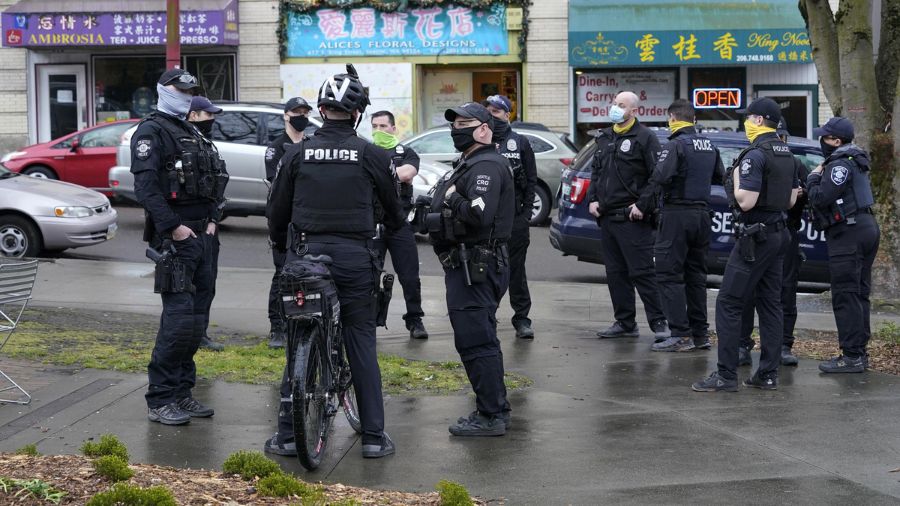Seattle lays groundwork for ‘shared vision’ of denser housing
Apr 12, 2022, 10:19 AM | Updated: 10:20 am
Seattle’s Comprehensive Plan operates as a roadmap for how the city plans to expand jobs, housing, and transportation over the next 20-plus years, with updates planned by leaders over the next two years. As part of that process, Councilmember Tammy Morales led a community forum in late March focusing the growing need for denser housing, and what Seattle will need to do to address that.
Economist: Seattle’s single-family zoning ‘doesn’t make any sense’
As Morales noted, “land use planning really is the most powerful tool that we have as a city.”
“It affects how the neighborhoods in our city change and grow, and so it’s really important that we all understand what the processes are, and figure out how we engage in those processes,” she added.
The hope with the updated Comprehensive Plan is to design a “shared vision” for how Seattle can keep up with the ever-increasing demand for housing, particularly in a city where a large majority of areas are zoned for single-family homes. Without dramatic changes to that ratio, Seattle Planning Commissioner and architect Matt Hutchins warns that housing affordability could only be maintained with a significant increase in new homes.
“The growth target of just keeping things as affordable as they currently are is that we need about 152,000 new homes in the next 20 years,” he estimated. “That’s more than we have single family lots in the entire city — we have about 128,000 — so, we’re talking about doubling the density of a good portion of the city to make make space for all the people that we expect to come to Seattle.”
That’s compounded by the fact that the city’s existing zoning does not allow for the basic infrastructure needed to build and maintain well-served, denser communities, VIA Architecture’s Dylan Glosecki described.
“We have a huge swath of Seattle that only allows for detached homes and residential, it does not allow for neighborhood services, a corner stores, a dry cleaner, it doesn’t allow for the sort of daily needs and services that we need access to,” he said.
This also comes during a time where many in Seattle are concerned about rising home prices and affordability, evidenced by a recent survey released by the Chamber of Commerce. It found that 82% of respondents supported “policies that make it easier to build new housing in transit and commercial areas, while 61% expressed their willingness to change regulations to “allow more density in single family home zones.”
Tacoma approves landmark bill doing away with single-family zoning label
Even so, those policies have been slow to arrive, with Seattle’s last prominent attempt to allow for denser housing upzoning a relatively modest 5% of the city in 2019. In the 2022 legislative session, a state bill which sought to expand housing options near transit routes fell short of passage, despite scaling back several key aspects of the original proposal by the time it moved through committee.
The hope from city leaders moving forward is to have Seattle build a roadmap into its Comprehensive Plan which hones in on new urban centers near light rail stations, improving walkability, and “supporting a greater variety of housing options.”
You can read full details on the timeline for updates to the Comprehensive Plan here.












